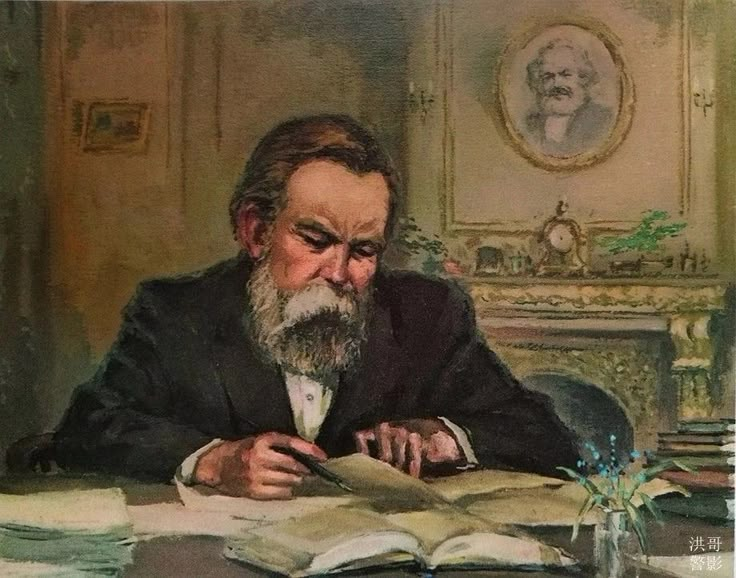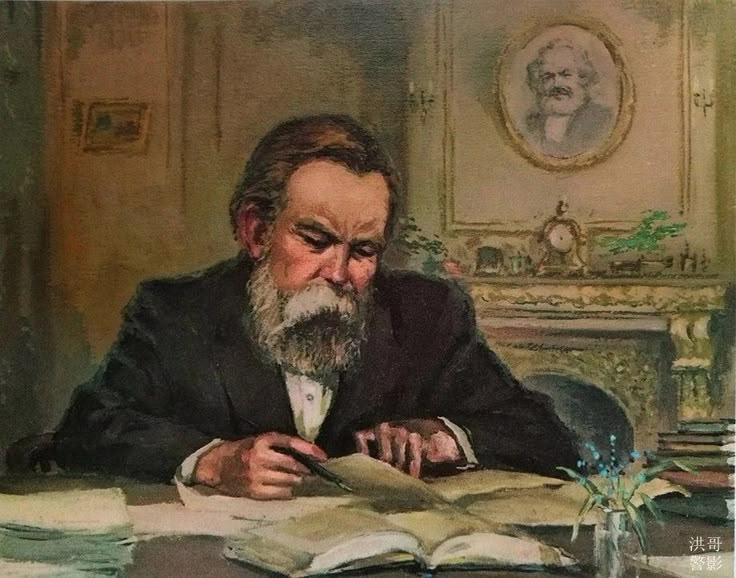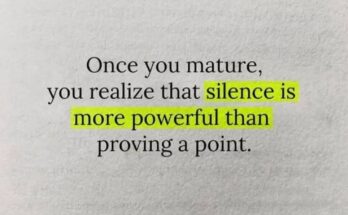The Dutch philosopher and humanist Desiderius Erasmus once remarked: “The less talent they have, the more pride, vanity, and arrogance they have. All these fools, however, find other fools who applaud.” This statement is a profound reflection on human nature, leadership, and social dynamics. It highlights the irony that those who lack true ability often compensate with an inflated sense of self-importance, while others—equally blind to their deficiencies—encourage and reinforce their illusions.
Erasmus’s insight remains as relevant today as it was in the 16th century. From politics to social media, from workplaces to artistic circles, we constantly see examples of individuals with little talent but overwhelming pride, finding audiences that support their delusions. This essay will explore the deeper meanings of this quote, its implications in various spheres of life, and the lessons we can learn from it.

The Connection Between Ignorance and Arrogance
One of the most remarkable aspects of human psychology is the Dunning-Kruger effect, a cognitive bias where people with limited knowledge or ability overestimate their competence. This directly aligns with Erasmus’s observation. Those who lack true skill or wisdom often do not recognize their own limitations. Instead, they display unwarranted confidence, mistaking their ignorance for mastery.
Historical and Political Examples
History provides numerous examples of leaders and figures who, despite lacking ability, presented themselves as highly competent and found enthusiastic supporters. Figures such as Nero in ancient Rome, who fancied himself an artist and musician rather than a responsible ruler, surrounded himself with sycophants who flattered his ego. More recently, populist leaders who lack substantive policies but thrive on rhetoric and spectacle gain large followings, illustrating how fools continue to applaud other fools.
Social Media and the Cult of Superficiality
The digital age has amplified the phenomenon Erasmus described. Social media allows individuals to curate a false image of expertise, talent, or intelligence without actual merit. Influencers who peddle pseudoscience, conspiracy theories, or shallow self-help advice often amass millions of followers. Their arrogance is matched only by the willingness of their audiences to celebrate their words without critical thinking. In this sense, Erasmus’s insight is even more relevant in our era of viral misinformation and performative self-promotion.

The Danger of Celebrating the Incompetent
The consequences of this phenomenon extend beyond mere annoyance. When society rewards arrogance and ignorance while neglecting or attacking competence, real harm follows.
1. Mediocrity Becomes the Norm
When untalented but arrogant individuals rise to prominence, they set a precedent. Hard work, talent, and deep knowledge become undervalued, leading to a culture where genuine expertise is overlooked in favor of charisma and bravado.
2. Poor Leadership and Decision-Making
When societies or organizations elevate individuals based on confidence rather than competence, disastrous decisions follow. Leaders who lack the ability to govern effectively but are admired by an uncritical public can lead nations, companies, or communities into crisis.
3. The Erosion of Critical Thinking
Encouraging fools to applaud each other creates an environment where critical thinking diminishes. When people reward arrogance and vanity over wisdom and knowledge, misinformation spreads, and the public becomes easier to manipulate.

How to Counteract the Problem
If Erasmus’s words are to serve as a warning rather than a mere observation, what can individuals and societies do to prevent the rise of foolish arrogance?
1. Promote Education and Critical Thinking
A well-educated society is less likely to fall for the tricks of arrogant incompetents. Schools and institutions should emphasize analytical thinking, skepticism, and intellectual humility. Encouraging people to question authority and seek truth independently can counteract the tendency to follow fools blindly.
2. Value Substance Over Style
Instead of prioritizing charisma, entertainment, or mere confidence, society should reward those who demonstrate real talent and knowledge. Leaders should be chosen based on merit rather than their ability to deliver appealing but empty speeches.
3. Encourage Intellectual Humility
Even the most intelligent individuals must recognize their limitations. True wisdom comes not from arrogance but from understanding that knowledge is a lifelong pursuit. Societies that appreciate humility over bravado will foster better decision-making and leadership.
4. Hold Influencers and Public Figures Accountable
With the rise of social media, individuals have more power than ever to shape public opinion. Holding influencers, politicians, and celebrities accountable for their words and actions can help prevent the blind applause of fools.
Conclusion
Desiderius Erasmus’s words capture a timeless truth about human nature: those with little talent often compensate with pride and vanity, and there will always be those who applaud them. However, recognizing this pattern allows us to challenge it. By valuing true talent, encouraging critical thinking, and fostering intellectual humility, societies can resist the glorification of incompetence.
The lesson from Erasmus is not just one of criticism but of responsibility. It is up to individuals to ensure that admiration is directed toward those who truly deserve it, rather than those who merely seek it. Only then can we break the cycle of fools applauding fools and build a world where genuine talent and wisdom are celebrated.


